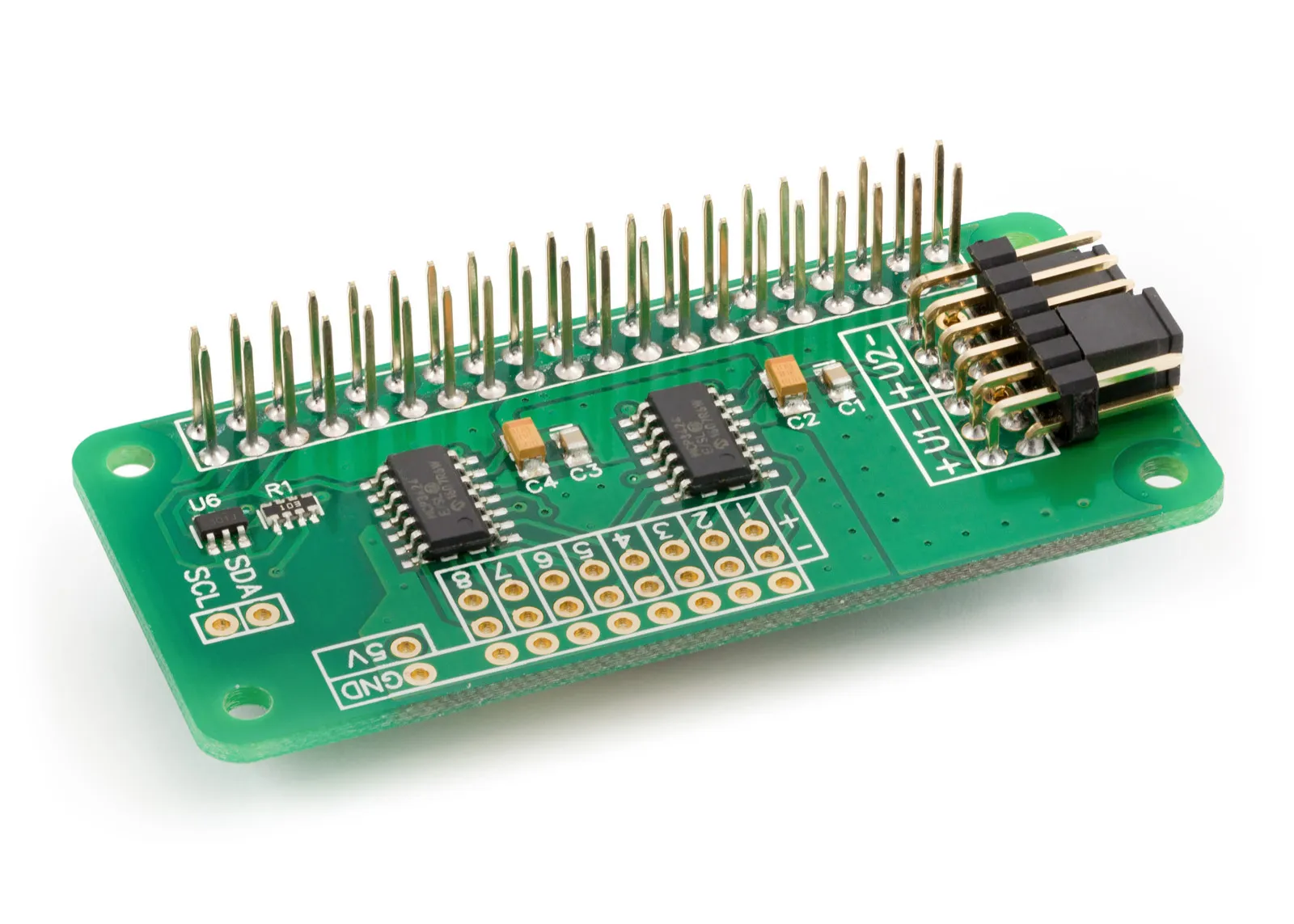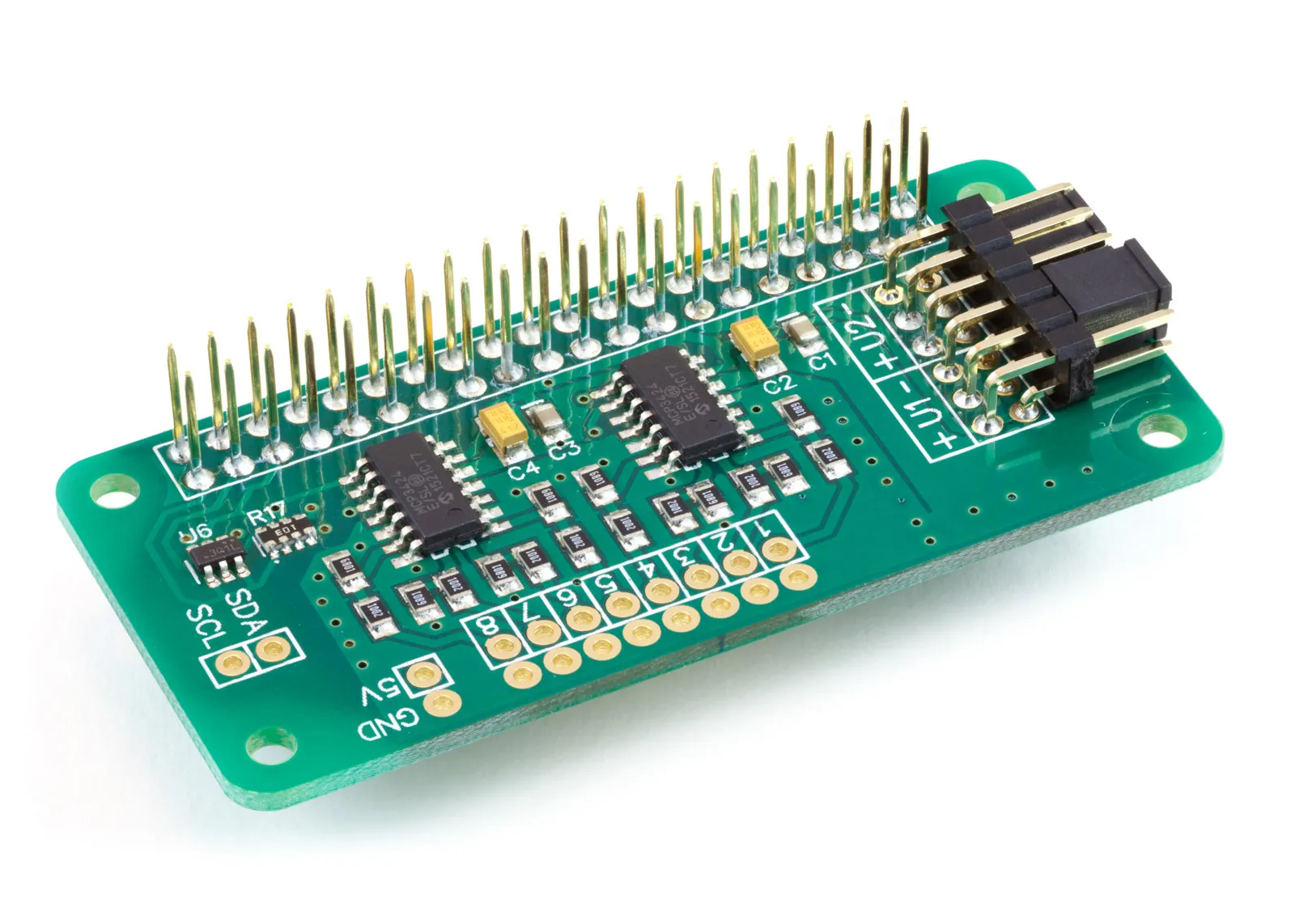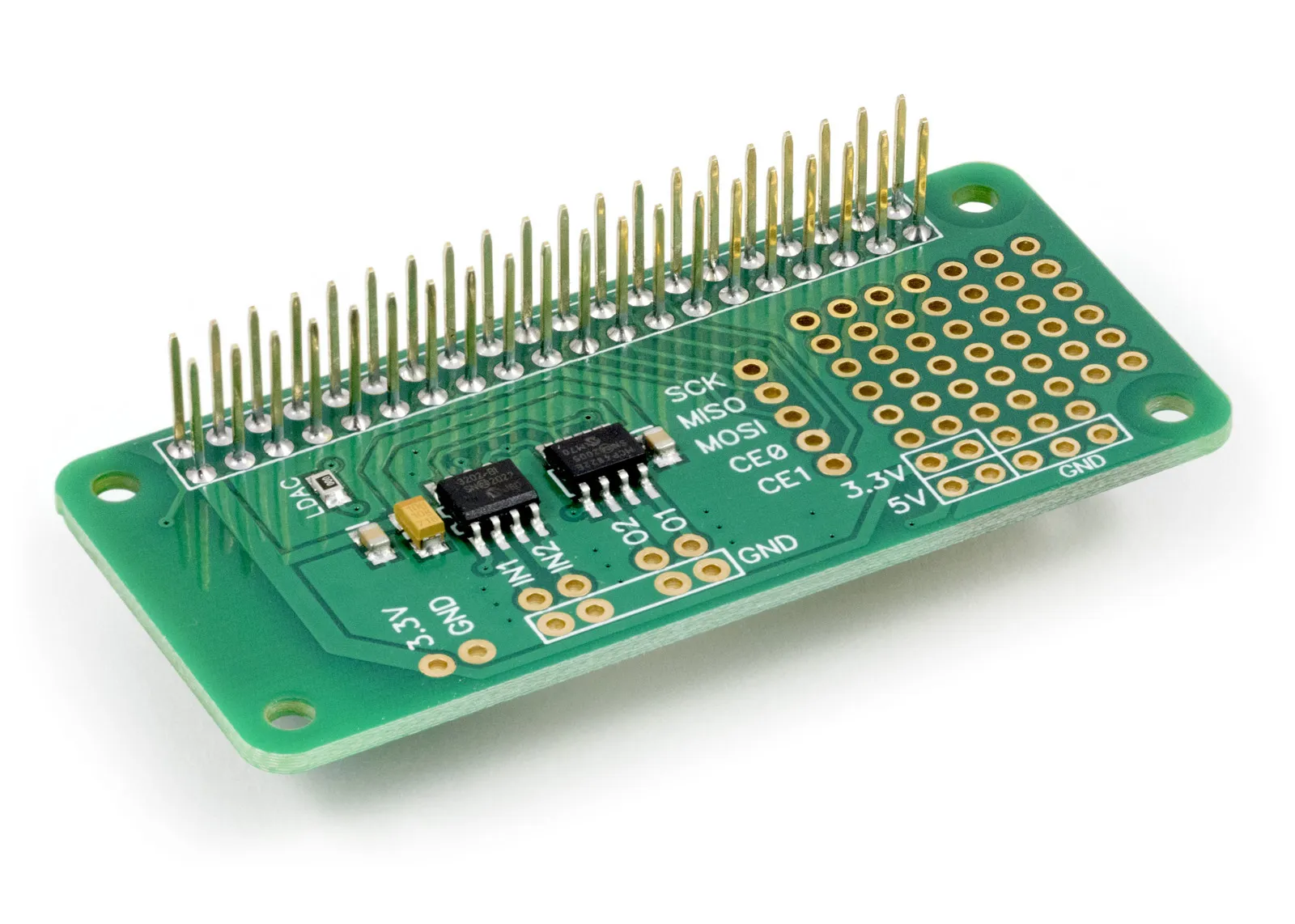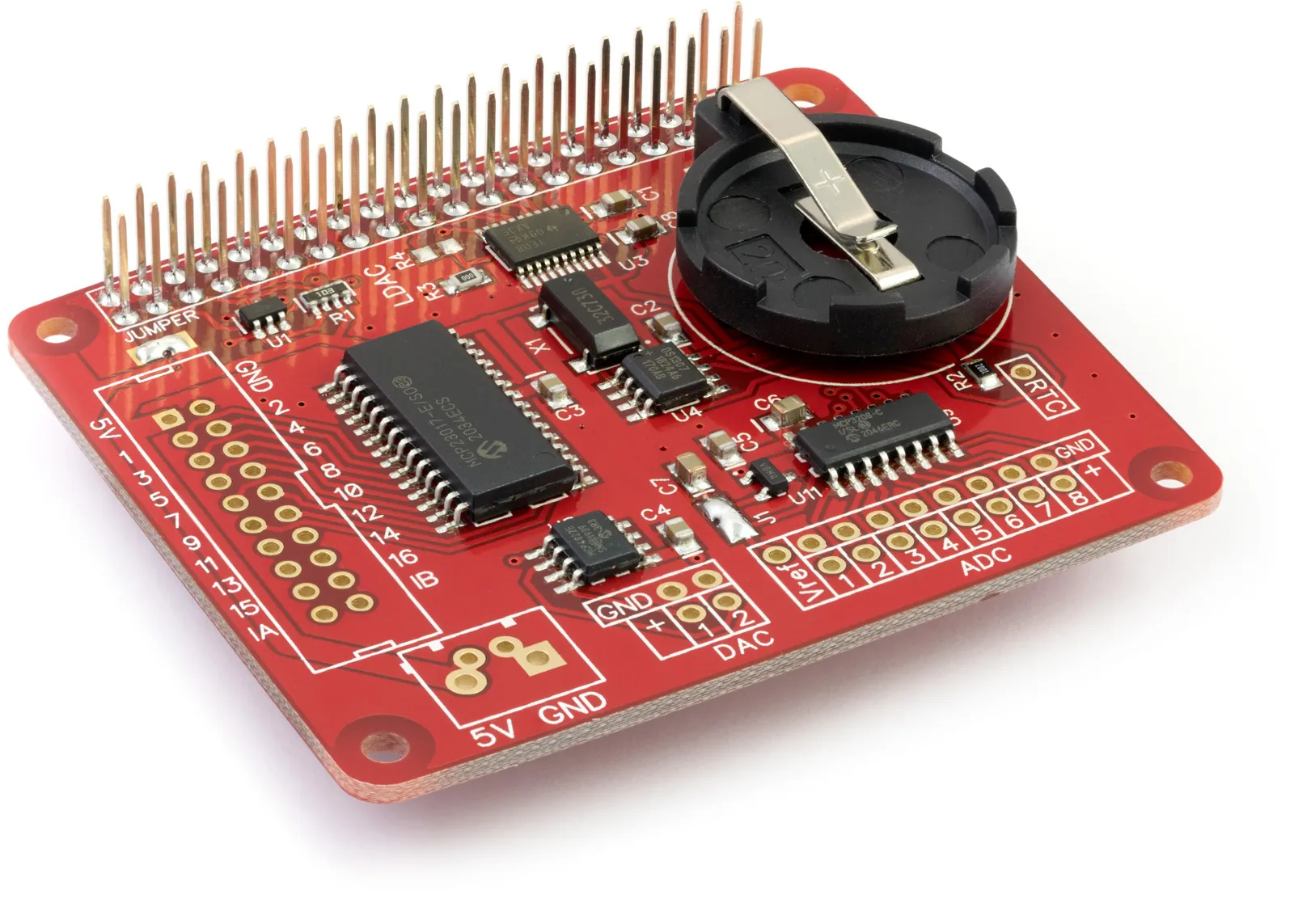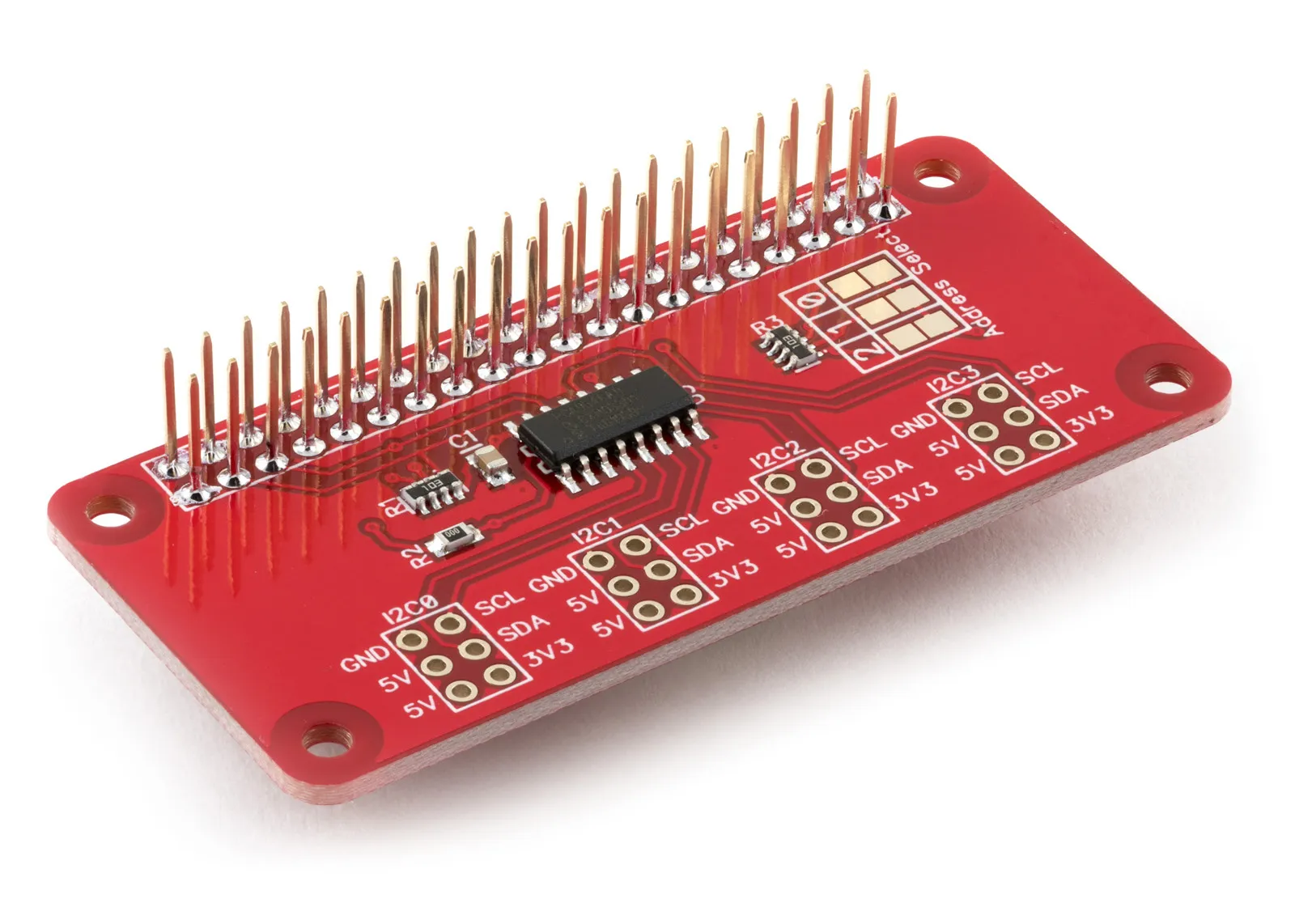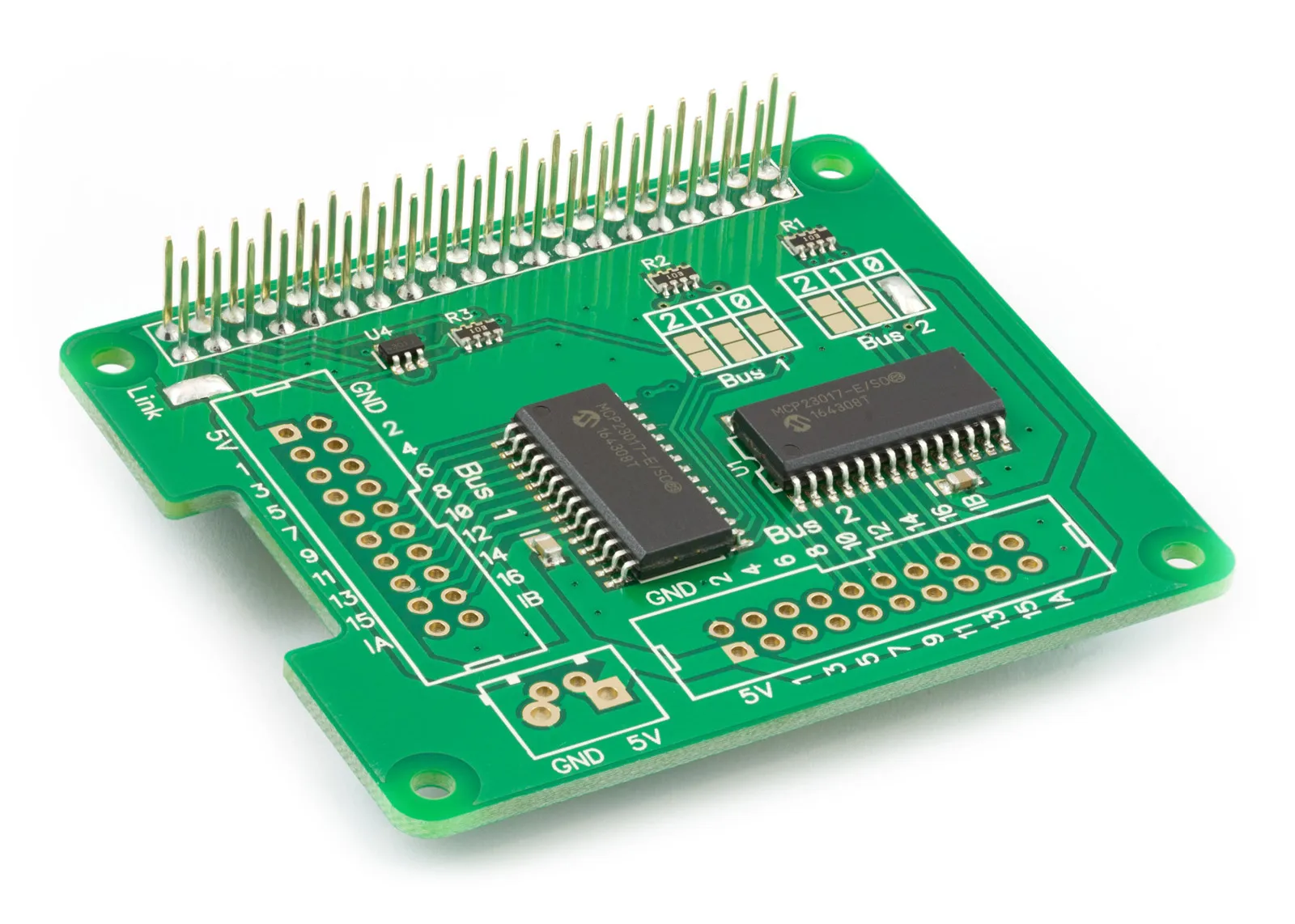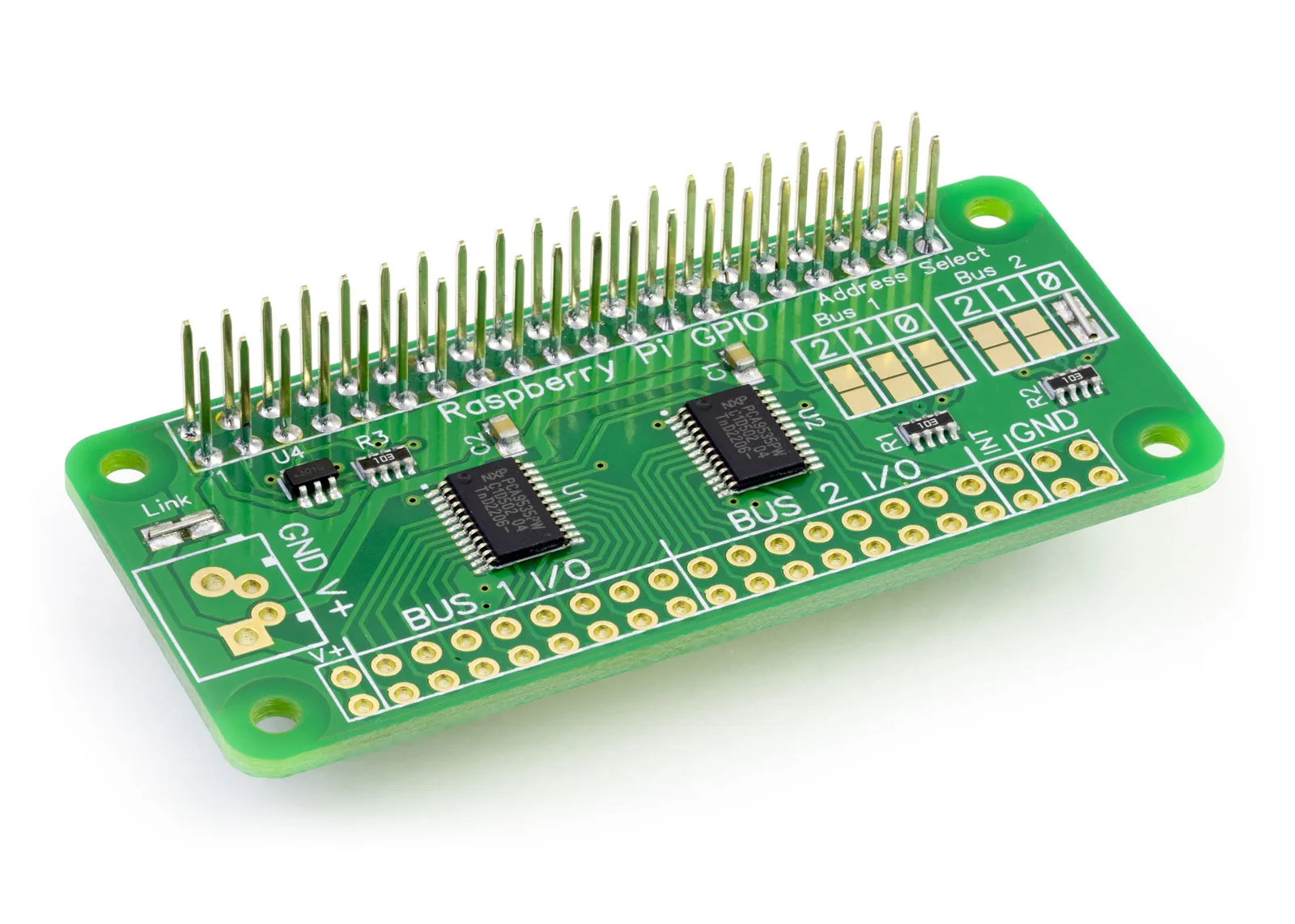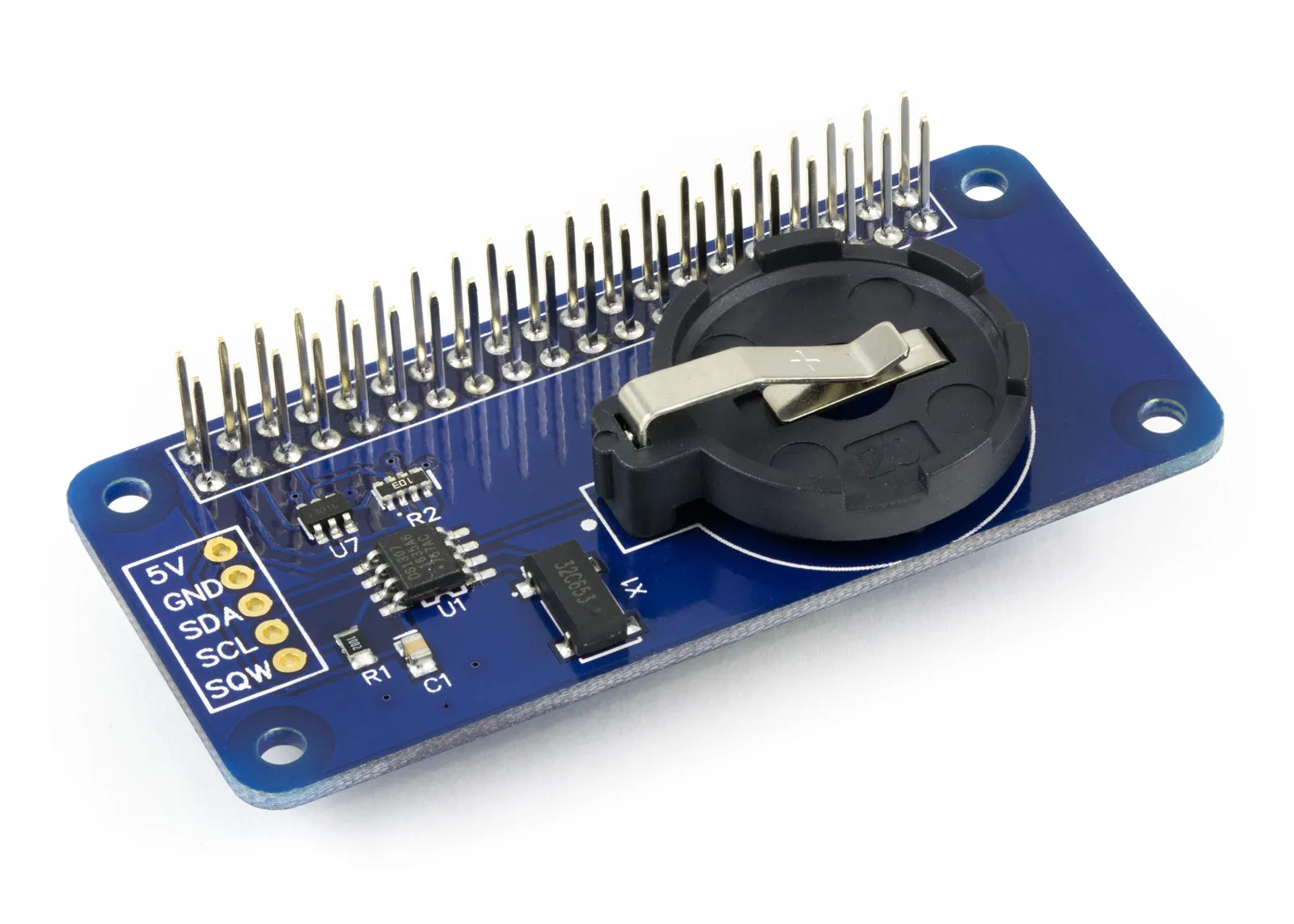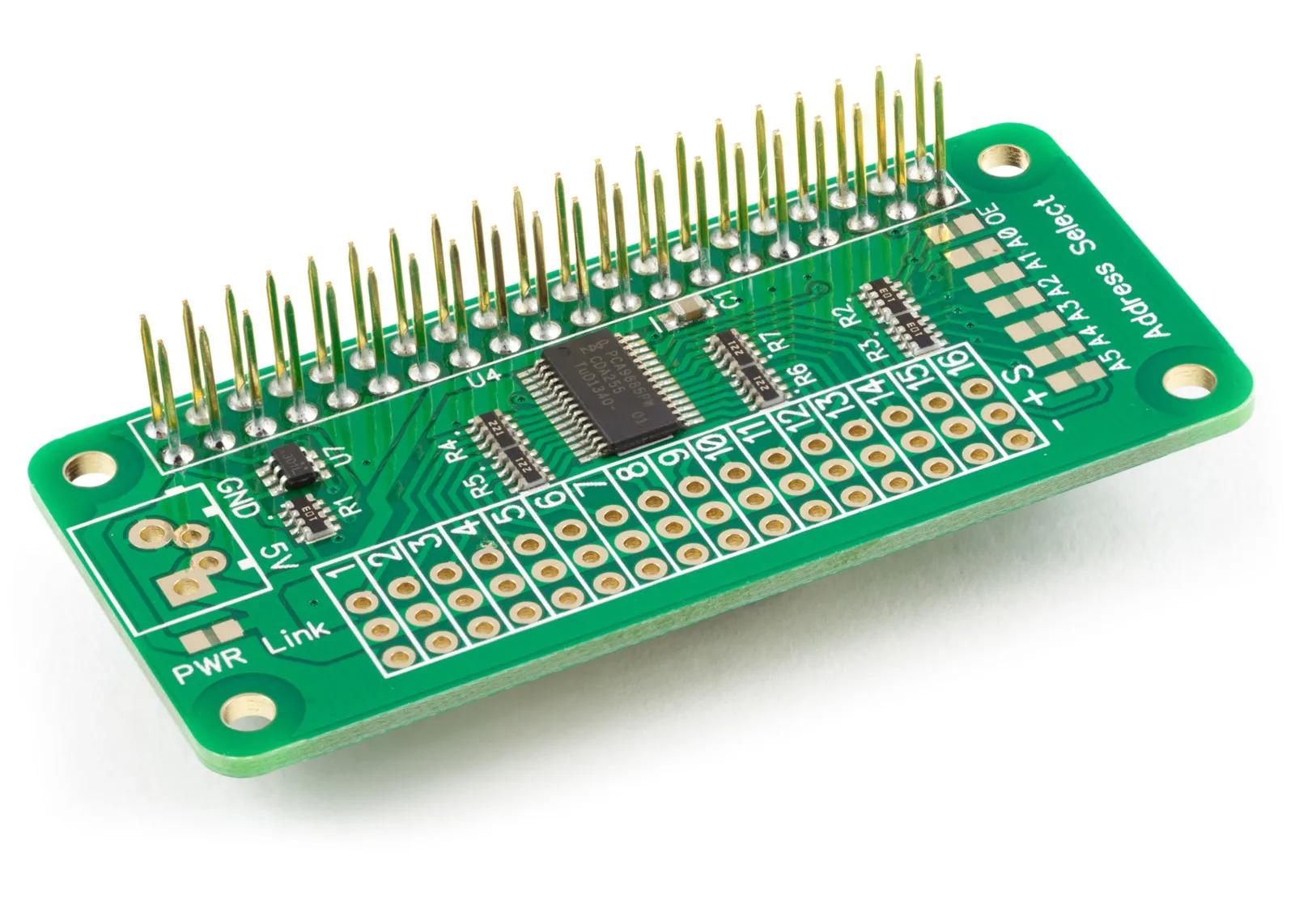Our C++ libraries are designed to work seamlessly with the development boards available from AB Electronics UK, providing a robust and efficient way to interface with your Raspberry Pi. These libraries offer a comprehensive suite of functions, making it easier than ever to develop and prototype your projects.
To download the C++ libraries to your Raspberry Pi, open your terminal and enter the following command:
git clone https://github.com/abelectronicsuk/ABElectronics_CPP_Libraries.git
The C++ library supports the following development boards.
ADC DAC Pi Library
The ADC DAC Pi library allows you to read from ADC inputs and write to DAC outputs on the ADC-DAC Pi Zero board. This functionality is useful for applications requiring precise analogue signal processing, such as sensor data collection or analogue control systems.
ADC Differential Pi Library
Use the ADC Differential Pi library to read input values from the ADC Differential Pi board. This is particularly useful for projects needing differential analogue input measurement, offering improved accuracy and noise reduction for sensor readings.
ADC Pi Library
With the ADC Pi library, you can easily read input values from the ADC Pi development board. This board supports multiple ADC channels, making it ideal for interfacing with various analogue sensors and devices, thereby extending the monitoring and control capabilities of your Raspberry Pi.
Expander Pi Library
The Expander Pi library provides control over all functionalities of the Expander Pi board. This versatile board includes analogue inputs and outputs, digital I/O, and a real-time clock. The library simplifies the process of managing these features, thus expanding your Raspberry Pi’s capabilities.
I2C Switch Library
The I2C Switch library allows you to manage the functions of the 4-channel I2C switch. This switch allows you to connect multiple I2C devices with identical addresses to a single Raspberry Pi by dynamically switching between them. The library facilitates easy programmatic management and switching of your I2C devices.
IO Pi Library
Utilise the IO Pi library to read and write to the IO Pi Plus, IO Pi Zero, and IO Pi boards. These boards add extra digital input and output pins to your Raspberry Pi, which is particularly useful for various control and monitoring tasks that require additional GPIO pins.
IO Zero 32 Library
The IO Zero 32 library supports reading from and writing to the IO Zero 32 board. This board offers 32 additional digital I/O pins, providing ample capacity for your projects. The library makes it straightforward to use these extra pins efficiently.
RTC Pi Library
The RTC Pi library controls the real-time clock and internal SRAM on the RTC Pi board. This is essential for projects requiring precise timekeeping, such as data logging or time-sensitive applications. The library includes functions to set and retrieve the time and manage the onboard SRAM.
Servo Pi Library
The Servo Pi library enables control over the PWM outputs on the Servo PWM Pi board. This is useful for driving servos and other PWM-controlled devices, making it perfect for robotics, automation, and other projects needing accurate motor control.
If you require support or have any questions regarding our C++ libraries and demo code, please do not hesitate to contact us. We have a support forum where you can post your questions and engage with other users. Additionally, you can use the contact form on our website to reach out directly. Our support team is dedicated to helping you get the most out of your Raspberry Pi development boards. We welcome your feedback and are committed to continually enhancing our products and services to better meet your needs.

